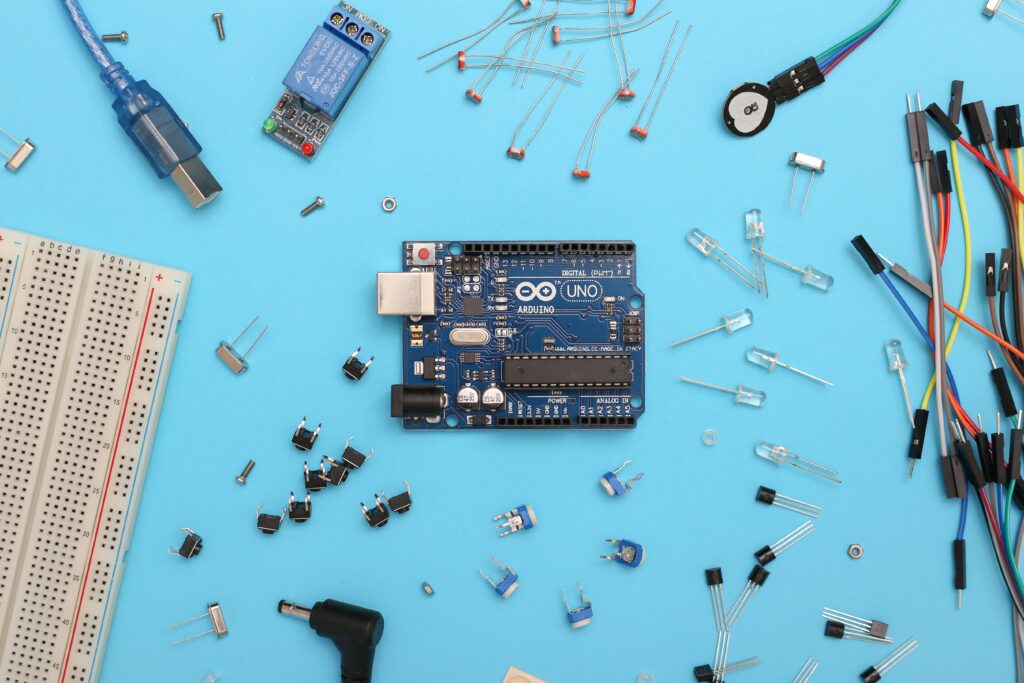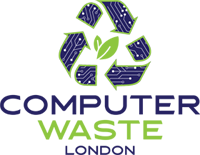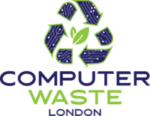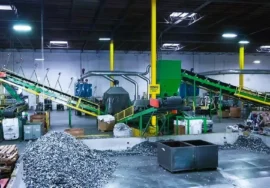E-Waste Disposal: How to Recycle Your Old Electronics
In the current era, electronic devices have become a vital part of our life. We use them for communication, entertainment, work, and much more. But what happens when these devices reach the end of their useful lives? Sadly, many people dispose of their old devices improperly, leading to major environmental and health effects. In this post, we will explore how to recycle your old gadgets in a safe and responsible manner.

Why Is E-Waste Disposal Important?
Electronic waste, or e-waste, is a growing problem around the world. According to the Global E-waste Monitor 2020, the world created 53.6 million metric tonnes (Mt) of e-waste in 2019, and this amount is anticipated to reach 74.7 Mt by 2030. Improper disposal of e-waste can lead to environmental damage, health dangers, and resource depletion. Many electrical products include dangerous substances including lead, mercury, cadmium, and arsenic that, if improperly disposed of, can seep into the land and groundwater. Nevertheless, e-waste also contains rich materials such as gold, silver, copper, and platinum, which can be recovered and utilised if recycled appropriately.
How to Recycle Your Old Electronics?
- Find a certified e-waste recycler: The first step in recycling your old electronics is to find a reputable and certified e-waste recycler in your area. You can search for certified recyclers on websites such as computerwastelondon, computerdatashred, and sustainableelectronics.org. These organizations certify e-waste recyclers based on their adherence to responsible recycling practices.
- Back up your data: Prior to disposing of your obsolete electronic device, make sure you’ve securely archived all your essential data—think photos, videos, and documents. To store them safely, use either cloud storage or an external hard drive.
- Remove all personal information: Finally, delete each and every trace of your personal information from the device. This must include email accounts, passwords, as well as other confidential data. You have two choices here: either take care of it yourself or use specialized data wiping software for complete assurance that all your details are gone forever!
- Pack the device securely: Now that you’ve backed up your data and wiped all personal information from the device, it’s time to package it securely for shipment. Utilize a sturdily structured box with copious amounts of bubble wrap or foam peanuts, guaranteeing the device remains undamaged during its journey.
- Drop off the device at a certified recycler: Finally, drop off your old electronic device at the certified e-waste recycler. Make sure to get a receipt or certificate of recycling as proof that your device has been properly disposed of.
What Items Can Be Recycled?
Many electronic devices can be recycled, including:
- Computers
- Laptops
- Tablets
- Smartphones
- Televisions
- Monitors
- Printers
- Keyboards and mice
- Game consoles
- Audio equipment
- Cameras
What Items Cannot Be Recycled?
Not all electronic devices can be recycled. Some items that cannot be recycled include:
- Refrigerators
- Air conditioners
- Microwaves
- Smoke detectors
- Fluorescent light bulbs
- Alkaline batteries
- CRT (cathode ray tube) televisions and monitors
Some things could have dangerous materials in them that need particular disposal techniques. For proper disposal choices, check with your local waste management organisation.

Benefits of Recycling Your Old Electronics
Recycling your old electronics has many benefits, including:
- Conserves natural resources: Recycling electrical equipment helps to protect important natural resources like metals and minerals and lessens the demand for mining and resource extraction.
- Reduces environmental pollution: Recycling electronic equipment keeps potentially hazardous materials out of landfills and decreases the need to create new products, both of which help to reduce environmental pollution.
- Saves energy: Recycling electrical gadgets results in lower energy usage than creating new things from start, which lowers greenhouse gas emissions.
- Creates job opportunities: The e-waste recycling industry creates job opportunities in areas such as collection, sorting, and processing of electronic devices.
Tips for E-Waste Reduction
- Repair instead of replace: Instead of buying a new device, why not try to repair your current one? Most technical issues can be addressed quickly and economically, so you’ll save money while doing something great for the environment. Prolonging your electronic devices’ lifetime means less e-waste!
- Donate or sell: Rather than discarding your device in the trash, consider donating or selling it if it is still functioning. This will enable someone else to benefit from its use and also cut down on e-waste.
- Buy eco-friendly electronics: When purchasing new electronic devices, look for eco-friendly options that are designed for easy recycling and contain fewer hazardous materials.
- Practice responsible disposal: Always dispose of your electronic devices responsibly by using a certified e-waste recycler or taking them to a designated e-waste collection event.
Conclusion
E-waste recycling is a crucial element of maintaining environmental and human health. You can help protect our planet by conserving resources, reducing pollution, saving energy, creating job opportunities – all through the act of recycling your electronics! Here’s what you need to do: look for certified e-waste recycler near you; back up your data and clear away personal information; package your device securely before handing off to recyclers; consider repairing or reselling devices when feasible. Plus, there are more ways than one to contribute: buy eco-friendly products whenever possible, donate unused items instead of discarding them. Together we can make an impact on preserving our environment – start now with proper e-waste disposal!
FAQs
- Why is e-waste a problem?
E-waste is a problem because it contains hazardous materials that can pollute the environment and harm human health, and valuable resources that can be recovered and reused.
- What happens to e-waste that is not recycled?
E-waste that is not recycled often ends up in landfills or is incinerated, releasing toxic chemicals and greenhouse gases into the environment.
- How can I find a certified e-waste recycler?
You can find certified e-waste recyclers on websites such as e-stewards.org, R2solutions.org, and sustainableelectronics.org.
- Can I recycle all electronic devices?
Not all electronic devices can be recycled. Some items such as refrigerators, air conditioners, and smoke detectors require special disposal methods.
- What are the benefits of recycling electronic devices?
Recycling electronic devices conserves natural resources, reduces environmental pollution, saves energy, and creates job opportunities in the e-waste recycling industry.






